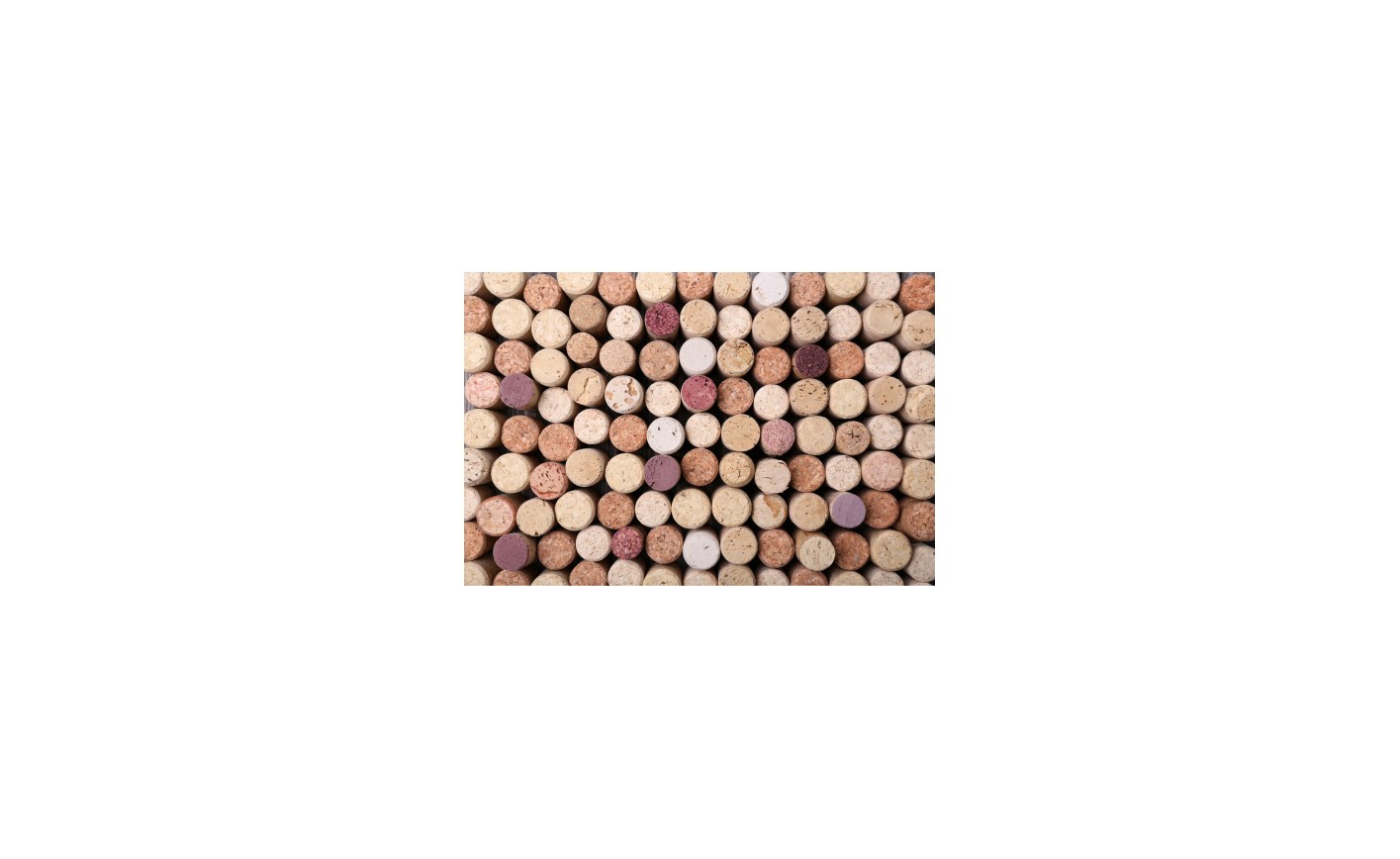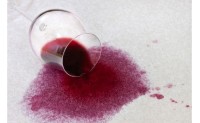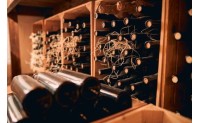
"Dive into the Fascinating World of Wine Corks"
Wine is a masterpiece that requires care and attention at every stage of its production. From grape selection to storage, every detail matters to ensure exceptional quality and flavor. In this post, we will explore an essential element in the world of wine: corks. We will discover the different types of corks used in wine bottles and how they influence preservation and evolution over time.
1. Natural Corks
Natural corks are the most common and traditional type used to seal wine bottles. Derived from the bark of the cork oak tree (Quercus suber), these corks are the result of a sustainable and careful extraction process. Their elasticity and ability to expand upon contact with wine allow for a tight seal, preventing the entry of oxygen and facilitating the wine's aging over the years.
2. Agglomerated Corks
Agglomerated corks, also known as technical corks, are created from small pieces of natural cork bonded with food-grade adhesives. These corks are a more economical option compared to natural corks, offering greater uniformity in size and texture. While they may not have the same sealing capacity as natural corks, they are popular for young wines meant to be consumed soon and do not require extensive aging.
3. Twin Top or Horn Corks
Twin top or horn corks are an innovative alternative in the world of wine closures. These corks combine the stability and effectiveness of a natural cork on the end that comes into contact with the wine, while the other end is made of synthetic or agglomerated materials, making insertion into the bottle easier. This combination provides a tight seal and is especially popular among premium wine producers.
4. Synthetic Stoppers
Synthetic stoppers have gained popularity in recent years due to their consistency and ability to prevent the presence of TCA (2,4,6-Trichloroanisole), a substance that can cause the "cork taint" defect. Manufactured from plastic or elastomeric materials, synthetic stoppers are an environmentally-friendly option, although some critics argue they may limit proper wine aging over the long term.
.png)
The different types of wine corks offer producers and consumers varied options for preserving, aging, and enjoying this sublime beverage. From traditional natural corks used for centuries to innovative synthetic alternatives, each type of cork has its advantages and considerations. At the end of the day, the type of closure we choose will depend on our personal preferences and the style of wine we wish to savor. So let's raise a glass to the diversity of options that the fascinating world of wine corks offers us!


